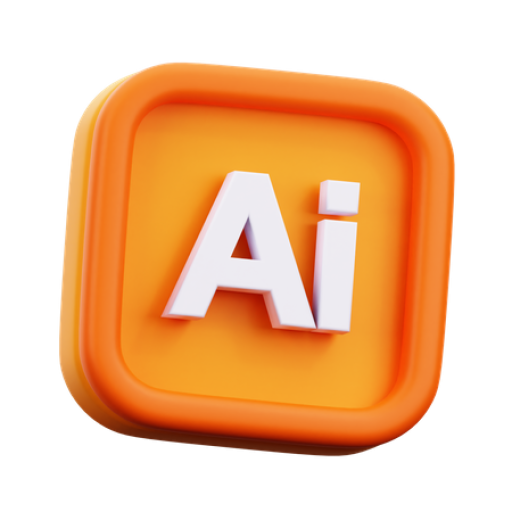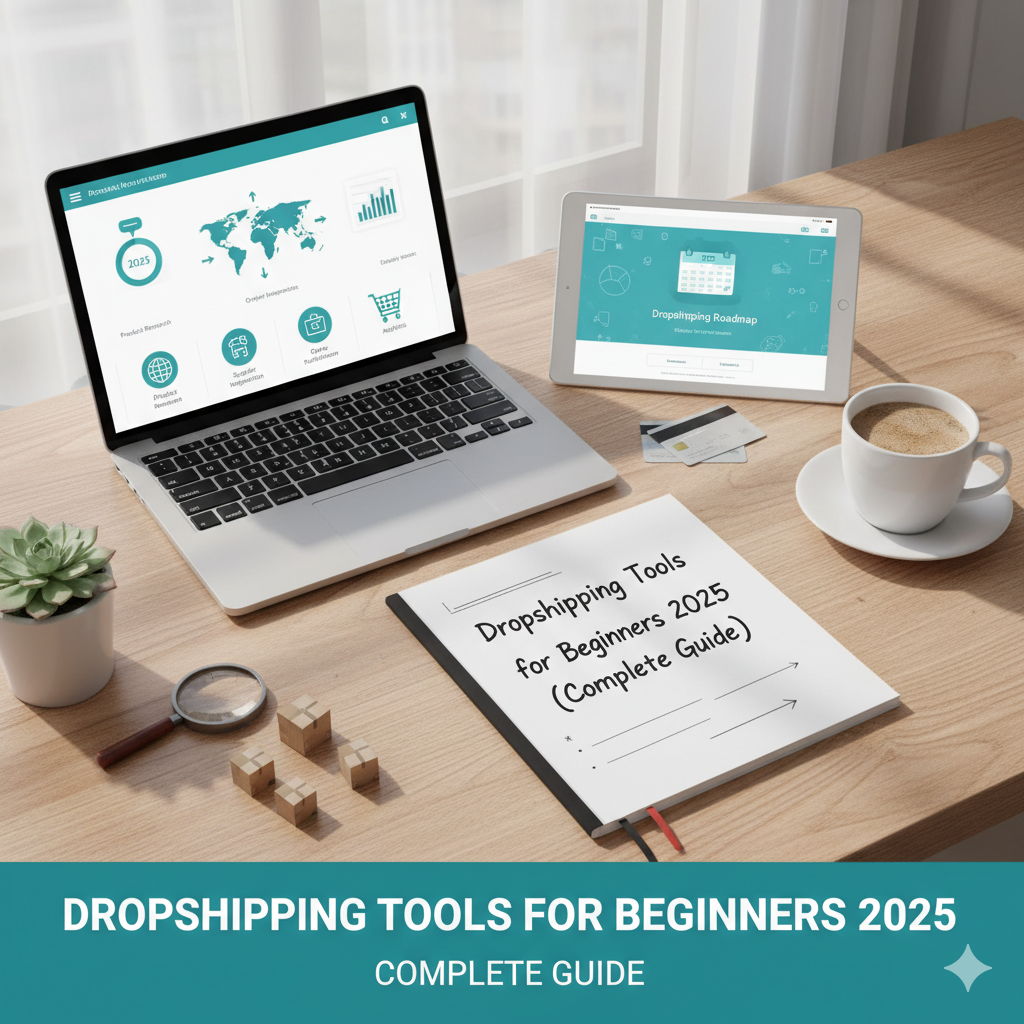Dropshipping is one of the most accessible ways to start an online business without holding inventory. By partnering with suppliers and automating order fulfillment, entrepreneurs can focus on marketing and customer service instead of logistics. But with so many tools available, beginners often wonder which platforms and apps are worth using. In this guide, we’ll explore the best dropshipping tools for beginners in 2025—covering everything from product research to automation, store setup, and customer support.
📌 Why Beginners Need Dropshipping Tools
Starting a dropshipping business from scratch can feel overwhelming. Tools make the process faster, easier, and more profitable by:
- Finding Winning Products: Research tools identify high-demand, low-competition items.
- Automating Orders: Sync suppliers directly to your ecommerce store.
- Managing Inventory: Keep stock levels updated automatically to avoid overselling.
- Tracking Shipments: Provide customers with real-time delivery updates.
- Improving Marketing: Ad spy and analytics tools help optimize Facebook, TikTok, and Google Ads campaigns.
🔥 Best Dropshipping Tools for Beginners (2025)
1. Shopify (Store Setup)
Shopify remains the most beginner-friendly ecommerce platform for dropshipping. Its simple interface, wide range of apps, and reliable payment system make it a top choice for first-time entrepreneurs. With integrations like Oberlo alternatives, DSers, and Spocket, beginners can set up stores quickly and start selling within hours.
2. DSers (AliExpress Dropshipping)
DSers is the official AliExpress dropshipping partner and one of the most widely used automation tools. It allows bulk ordering, supplier mapping, and one-click product imports. Beginners benefit from DSers’ free plan, which supports up to 3,000 products—perfect for testing different niches.
3. Spocket (U.S. & EU Suppliers)
Spocket is ideal for beginners targeting U.S. and European markets. Unlike AliExpress suppliers, Spocket offers faster shipping and higher-quality products. Its free plan includes basic product imports, while premium versions provide branded invoices and bulk discounts.
4. Oberlo Alternatives
Although Oberlo was discontinued, its alternatives like AutoDS and AliDropship continue to provide similar functionality. These tools allow easy product import, price automation, and order management, helping beginners stay competitive.
5. SaleHoo (Product Research & Suppliers)
SaleHoo is a trusted directory of verified suppliers and wholesalers. Beginners use it to find reliable partners and trending products. It also includes market research labs, helping identify niches with high demand and low competition.
6. Ecomhunt (Winning Products Finder)
Ecomhunt curates trending products daily, making it easier for beginners to discover winning items. Each listing includes profit margins, ad examples, and targeting suggestions. This saves hours of research and increases the chances of finding profitable products faster.
7. Zendrop (Automation & Branding)
Zendrop provides dropshippers with U.S.-based warehouses, branded packaging options, and automation features. Beginners love Zendrop for its faster delivery times compared to AliExpress and its easy integration with Shopify.
8. CJ Dropshipping
CJ Dropshipping is a free platform offering product sourcing, order fulfillment, and even private labeling. Beginners benefit from no upfront costs, global warehouses, and competitive product pricing. It’s a solid alternative to AliExpress suppliers.
9. AutoDS (Automation Suite)
AutoDS is a complete dropshipping automation system that manages product imports, pricing, order tracking, and analytics. Beginners can save time by automating repetitive tasks while focusing on marketing and scaling their stores.
10. Loox (Customer Reviews)
Loox helps beginners build trust with potential buyers by collecting photo and video reviews. Since social proof is critical in ecommerce, Loox is one of the most powerful apps to increase conversions, especially for new dropshipping stores.
📖 Marketing & Analytics Tools
- AdSpy & Minea: Discover competitor ads and learn what products are selling well.
- Google Trends: Check search volume trends for product niches.
- Canva: Create high-quality product images and ad creatives for free.
- Facebook Ads Manager: Essential for setting up and tracking ad campaigns.
📖 Tips for Beginners Starting Dropshipping
- Start with a small niche store instead of a general store to attract targeted buyers.
- Test multiple products before committing to one winner.
- Invest in customer support tools to handle refunds and shipping delays smoothly.
- Focus on marketing—ads and content creation drive traffic more than just having products listed.
- Track performance weekly to adjust pricing, suppliers, or ad strategies.
✅ Conclusion
In 2025, the best dropshipping tools for beginners include Shopify, DSers, Spocket, SaleHoo, Ecomhunt, Zendrop, CJ Dropshipping, AutoDS, and Loox. These platforms simplify every stage of the dropshipping journey—from store creation and product sourcing to automation and customer engagement. By leveraging these tools, beginners can reduce costs, save time, and scale faster in the competitive world of ecommerce. Dropshipping success is not about luck—it’s about using the right tools and strategies consistently.
👉 For updated tool comparisons, check: Shopify Dropshipping Tools

